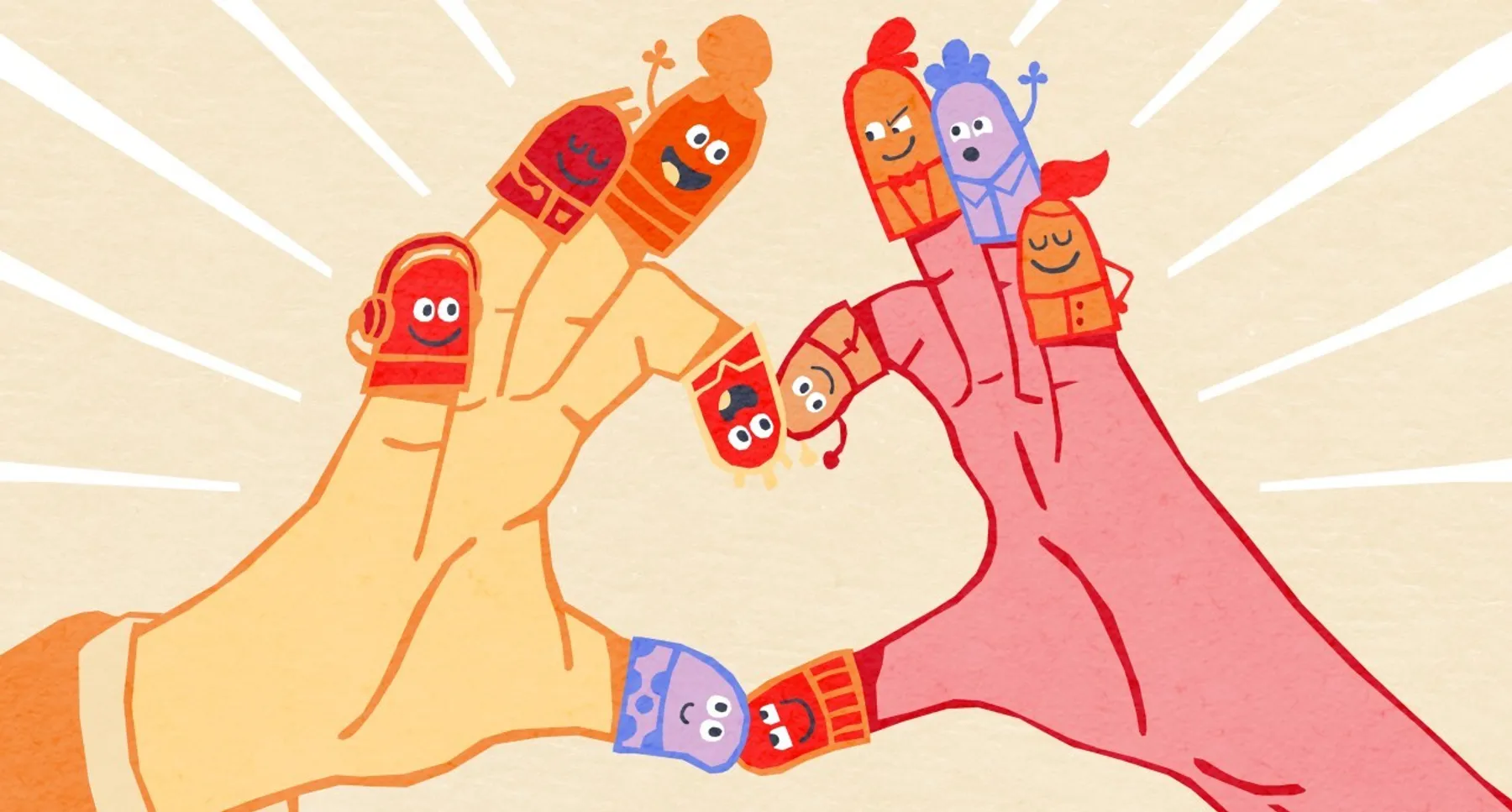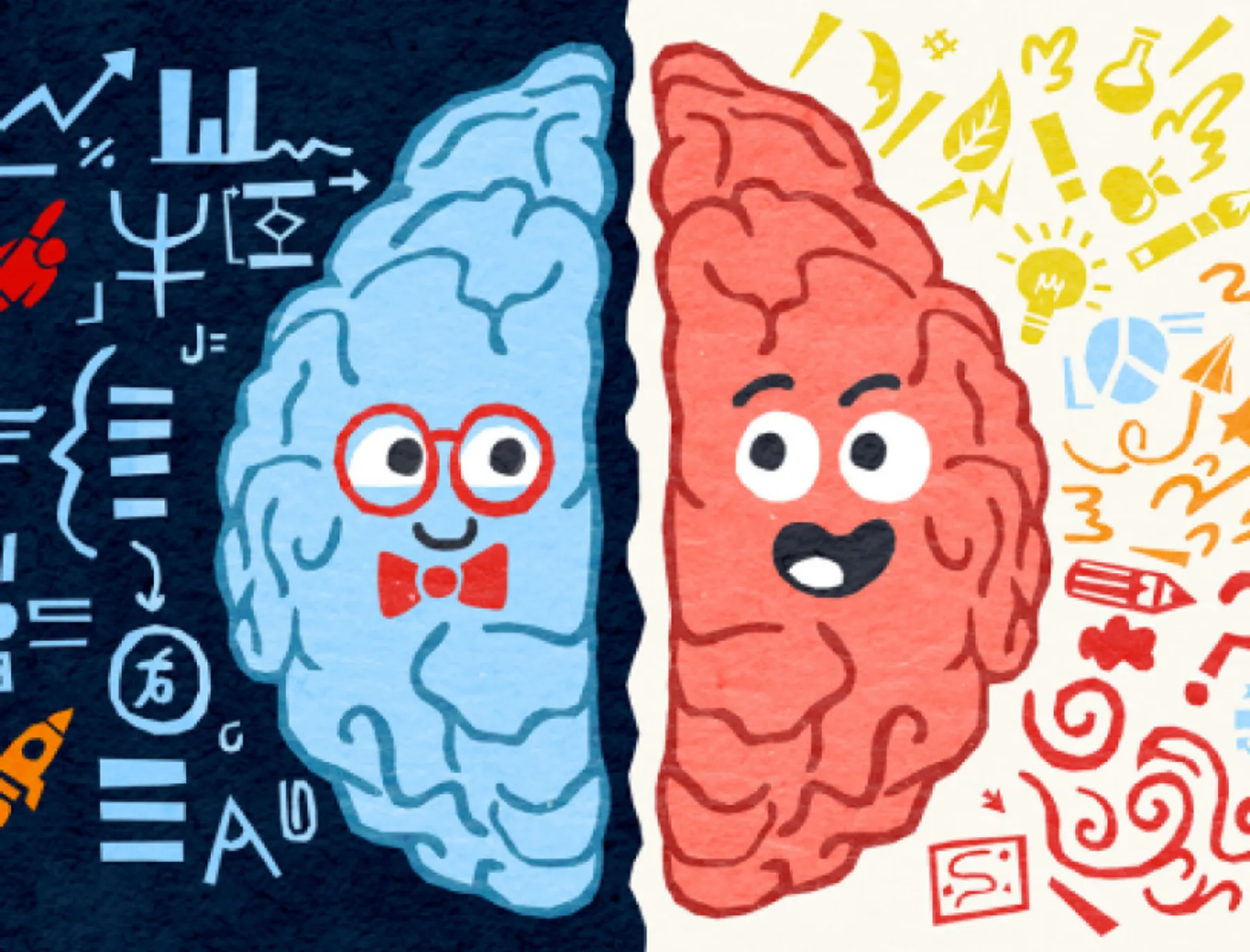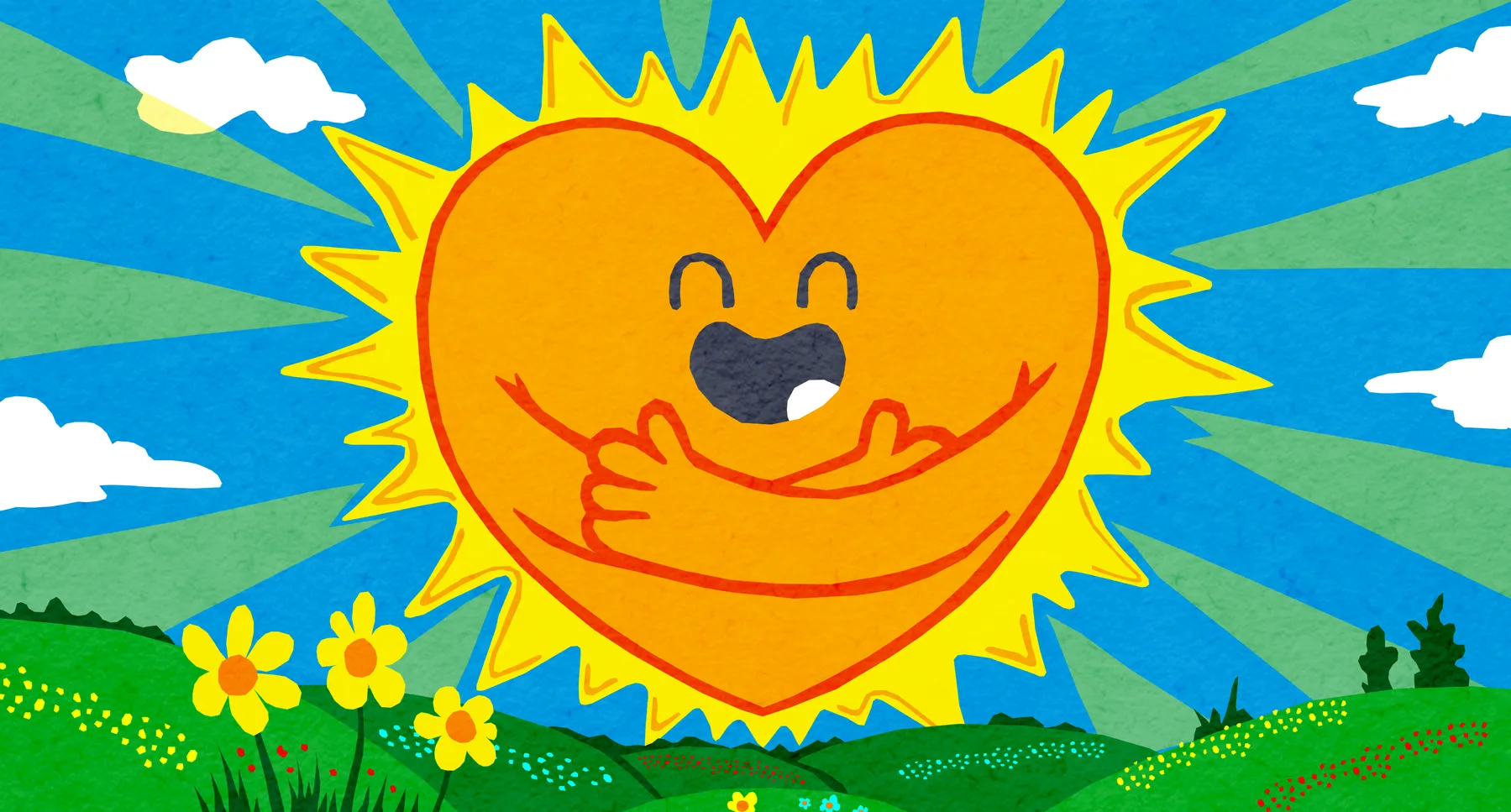The End of Licensing

The Invisible Industry
‘I accidentally fell into licensing’, is the ubiquitous industry origin story that we treat as a joke but accurately defines how obscure licensing really is. This obscurity could lead to brand licensing becoming irrelevant. Yet in 2022, ‘Licensing’ is as invisible as ever to new generations of creatives that should be powering the next decade of growth.
Value in licensing is attributed to sales, costs to design, meaning the power balance between commerce and creative is heavily stacked to the commercial. In a future where design differentiation is found in ever tighter niches, driven by creators and their fans, I argue that this endemic bias is blinding us.
We need to think the unthinkable and radically reshape how we attribute value. We start by growing beyond the term ‘licensing’ and rebranding around a future defined instead by Fandom.Creative Accounting
Licensing is a creative industry. But it’s one that is heavily sales biased and is saddled with a name that is meaningless to anyone outside of it. Need convincing that’s a crappy situation? Let’s start with a story that is a microcosm of a bigger malaise.
My sorry tale, as relayed to me recently by the creative director of a globally respected licensor, begins with a leadership team celebrating the win of a fantastic representation deal. The deal involves a much loved brand with a large, vocal fan base. The newly won brand nicely rounds out the licensors’ folio and in a high growth area too. Everyone is happy, backs are well and truly slapped.
However, this brand is not an obvious slam-dunk for brand extension. The fan base is there, the recognition is great but there are no tangible brand assets. Everything is in the DNA of the brand - the intangible assets. As the ink dries on the deal, it gets handed over to a creative team that is tasked with making the intangible real.
The creative team leaps into action breaking down the brand DNA, work-shopping every possible extension opportunity, split by category and territory, thrashing out the creative briefs, crafting the assets packs, honing the pitch decks and preparing to share this accumulated insight with the sales teams.
Meanwhile a sales event has been set up. Licensees and buyers are lining up to hear about the brand.
The creative team have lived and breathed this brand for weeks. They’ve sweated every detail, surely they’re uniquely placed to help deliver the message. Nope. Creative were shut out. An inexperienced sales team that had known the brand about as long as transatlantic flight take over and deliver the pitch.
Crazy right? Yet this is a real scenario that happens at every licensor and agent the world over. This wouldn’t matter if there wasn’t an endemic bias towards value accruing to sales. But both culturally and on the bottom line it’s absolutely the sales and commercial teams that take credit for value creation. And if the deals don’t come back? Then… ‘the buyer didn’t like the creative’ is an easy way to shut down any further enquiry.
It is way past time to call bullshit on this ludicrous situation. It’s not only culturally toxic but it’s holding us back as an industry. At best we’re hindered from learning from mistakes. At worst we’re de-incentivising our most creative minds, stifling innovation and missing a huge industry sea change that’s right in front of our eyes.

Name and Shame
What other creative industry takes its name from a business model? We don’t aspire to work for the ‘Box Office’ industry or the ‘Subscription’ industry. No, we grow up dreaming of working in the Movies. No kid ever declared “I want to dedicate my career to the ‘In-App Purchase’ industry”. But work for the Games industry? Hell yes. Sign me up!
This reads like a joke but this is where the licensing community is.
Look at it another way. If the licensing model didn’t exist would fans still get their fix of brand extension goodness? Of course they would. The demand is huge. ‘Merchandise’ is a $300b industry. With no licensing, we’d be forced to come up with a better name. Something descriptive, a bigger, more aspirational umbrella.
With blockchain, smart contracts and the creator economy selling direct to consumers exploding right now, it’s not impossible to consider that licensing may not be the primary model forever.
So why stick with the name ‘licensing’?
Naming matters. My agency gets paid good money to name brands. The best names set the scene, they’re a north star, the opening chapter of a story, they tell us who we are.
‘Licensing’ doesn’t come close to clearing this bar. Primary business model or not, it’s already a simple fact that every company involved in brand extension and the exploitation of the IP is much MUCH bigger than ‘licensing’. This matters. It matters because it’s actually holding us back.
Released On License
‘Licensing’ is holding us back in two ways. First it binds us mentally to a business model. That’s bad because it promotes a toxic environment for anything that isn’t directly involved with the model (see my example above). It’s bad because the model is esoteric, needs to be explained and qualified with examples before it is even understood. That makes it hard to talk about and even harder to dream of one day being a part of it.
Second it actively deflects us from future opportunities. ‘Licensing’ says we’re here to defend the model at all costs as the first, best and only way of reaching fans with new, exciting goods and experiences. The only option for IP exploitation. This, to use a popular industry term, is bullshit.
I’ll throw in a final reason that’s a bit more ‘woo’, but I think just as important - ‘Licensing’ simply doesn’t describe the vibrant, ever changing explosion of creativity that we serve to fans every day.
Fan Service
If you’ve followed me this far, what have we learnt? We've established that ‘licensing’ is a creative industry every bit a vibrant as fashion, movies and games. That the industry is structurally skewed to sales at the expense of everyone else. We know it’s incomprehensible to outsiders and as a consequence is invisible to the talent we need to attract. Finally we’ve uncovered that licensing may not always be the dominant model for brand extension and that it’s already a poor description for the varied activity of the industry it so poorly names.
If we’re not the ‘licensing’ industry, what are we? Look at it this way. If you own a character IP, what do the following have in common: A first party Movie, a third party show, a Happy Meal promotion, a DTR range in Target, a branded game in Roblox, digital products in a game, a DTC ecomm play, a Colab with luxury fashion, a YouTube channel, a master toy licensee, an ad campaign for a third party charity.
What have they common? Fans. It’s the fans.

How, what, WHY?
By definition, anything that is licensable has an existing fan base. The fans are our WHY of everything. We are all here for the fans. We’re an industry dedicated to servicing the wants and desires of fandom and expanding audiences to reach new fans.
HOW we do this is through the creative application of IP rights, brand extension, content deals, consumer product licensing, promotions and marketing. This ‘How’ of licensing has enabled an explosions of ‘WHATS’ in merchandise, content, experiences and services.
But it’s fans we all have in common. Fandom is our Why. Whether we adopt this name or not we ARE the Fandom Industry. And we’re all the better for it.
Focusing on Fans may seem like semantics to some but it’s a powerful paradigm shift from our how (licensing) to our why (fans). It’s a shift from deal memo’s, MG’s and business models to the very people we’re here to delight.
With a more appropriate focus on our consumer we make space to align our values to what fans value; amazing creative execution of products and services.
It’s not a stretch then to see our newly birthed ‘Fandom Industry’ in turn recognising and demanding more accountability from our creative community. Or in other words, a shift from value being accrued to license sales and cost to creative service towards a more holistic view of the business based on delivering value to fan service.
I propose that shifting from licensing to the paradigm of Fandom will inspire us to grow from being an insular, hidden, confusingly named industry to proudly take our place alongside fashion, movies and games as an exciting highly visible creative industry in our own right.
Next time someone asks you what you do, try telling them you work for the Fandom industry. Tell them you work for a company that comes up with new goods, services and experiences for fans. From restaurants, toys, to happy meals, to games, books and new content. Tell them WHY you do what you do. Tell them, you’re here for the fans.
---
Oliver Dyer is the founder and MD of the brand extension creative agency Skew. Skew changed brand licensing in a big way when they introduced trend forecasting to IP. Now they’re doing it again with the idea of making brand extension even more effective through detailed measurement.






